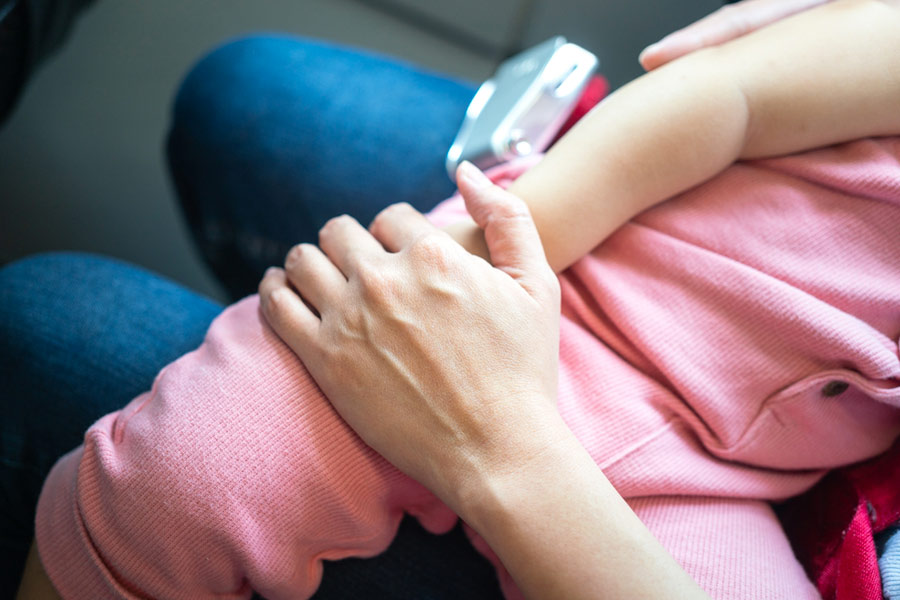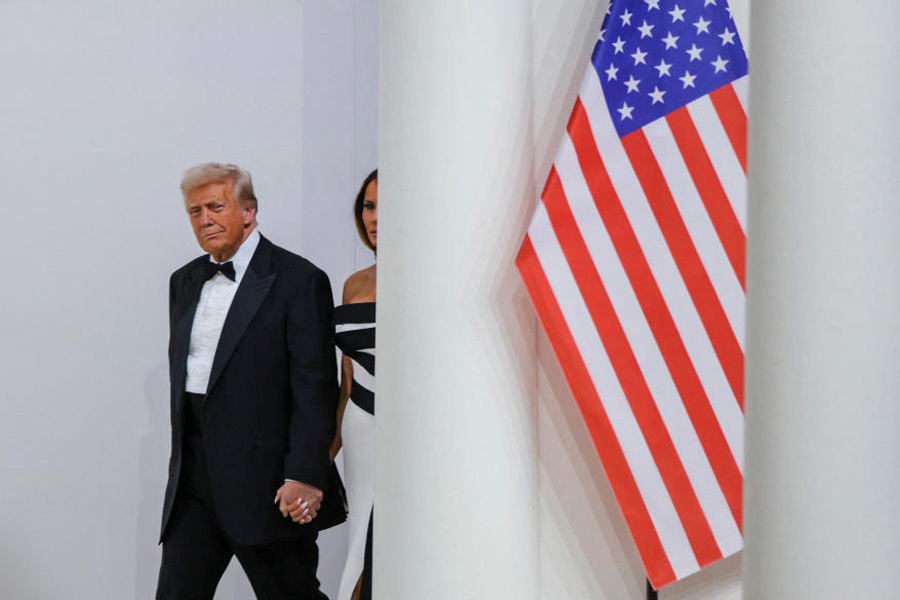The day after President Vladimir V. Putin of Russia raised the stakes in tensions with the West, many Russians awoke on Friday feeling anxious that the prospect of nuclear war had come slightly closer.
But in Russia’s tightly controlled news media and pro-government social media channels, there were only fawning reactions to the Russian leader’s new round of sabre-rattling and promises that Moscow’s enemies would “tremble in fear”.
Putin announced Thursday that Russia had launched a new intermediate-range ballistic missile at Ukraine, in response to Kyiv’s first use of US and British missiles against targets inside Russia this week. Russia, he said, also has the right to strike nations “that allow their weapons to be used against our facilities.”
In the West, Thursday’s launch of the nuclear-capable Oreshnik missile and Putin’s remarks were perceived as a threat against Ukraine and its allies, and drew widespread condemnation as an escalation. In Russia, the events were billed as an important sign that the Kremlin would enforce its red lines.
“This topic used to be a taboo in Russia,” said Denis Volkov, the director of the Levada Center, one of the few independent pollsters in Russia. “Within the elites, the consensus is shifting towards talking about it much more openly, and that Russia should make the West understand that it is serious.”
Russians have been largely desensitised to the Kremlin’s frequent bellicose statements and claims of being besieged by the West since Russia invaded Ukraine in February 2022. But there are also signs that more Russians have come to accept and even cheer on Putin’s hawkish stance, accompanied by a steady stream of government and media claims that Ukraine and the West are the aggressors.
A growing number of Russians favor the initiation of peace talks, too, but the number of people who accept the use of nuclear weapons has risen slightly, polls suggest.
Though almost half the Russians surveyed in a poll this year found the use of nuclear weapons “unacceptable,” there has been a slight increase since last year in the number who consider it acceptable, to 34 per cent, Volkov said. He did not discount that after Putin’s latest speech and the breathless media coverage that followed, that number could rise further.
Support for nuclear force dovetails with support for the Kremlin, Volkov said. But for many Opposition-minded Russians, the use of a nuclear-capable missile still came as a shock. “Sometimes it feels like I no longer care. You get so apathetic, but the ongoing background noise is one thing and using an ICBM for the first time is something else,” said Olga, 50, a professor from Moscow, referring to early reports that misidentified the missile as intercontinental.
Olga, who asked that her surname be withheld for fear of repercussions, is strongly antiwar. She said she felt “a little anxious”, though she believes Putin is bluffing when he threatens to strike targets in the West.
New York Times News Service











